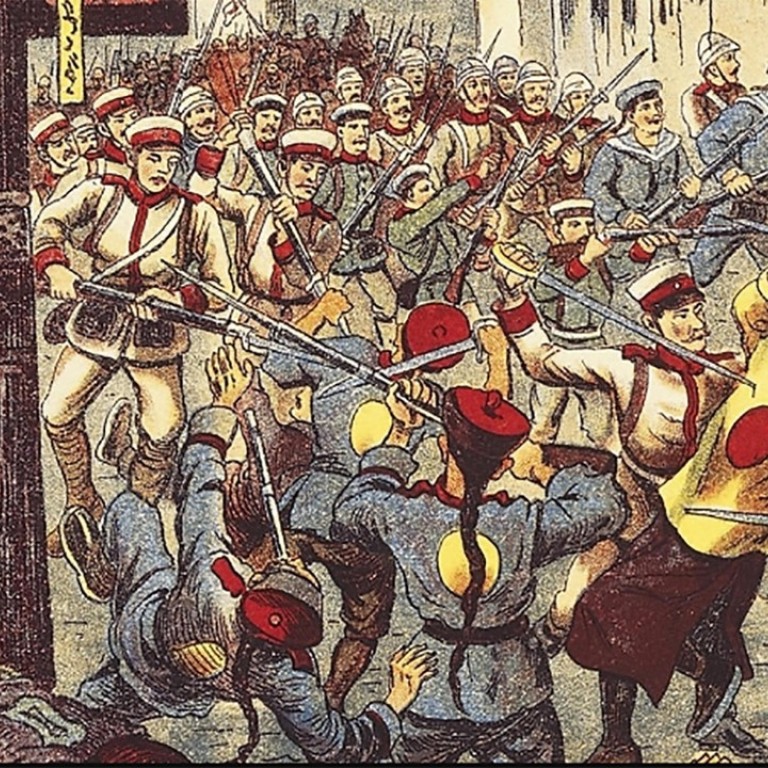


The foreigners also secured immunity from prosecution in Chinese courts for any crimes their citizens committed in China. Over the next 20 years, Britain and the other nations trading in China forced the Manchu government to accept formal trade and diplomatic relations. China also handed over to Britain the valuable port city of Hong Kong. When the Chinese attempted to stop these evasions, Britain declared war on China in 1839.Īfter easily defeating the Chinese with their warships, the British forced the Manchu government to grant them special trading privileges in four major Chinese ports in addition to Canton. British traders began using American ships to land their opium along the coast north of Canton. The Americans largely accepted these demands, but the British refused. In 1838, the Manchu government threatened to cut off all trade unless the foreign traders at Canton surrender their opium and post a bond to assure they would not engage in this traffic in the future. But the trade was too profitable, both for the foreigners and corrupt Chinese customs officers, and it continued. Seeing the harm opium caused, the Manchu government tried to outlaw its importation. While the British dominated the opium trade, all the other nations trading at Canton, including the United States, participated in it. By 1830, the value of opium imports exceeded that of all other goods traded to China. They found one in opium, a highly addictive narcotic produced in India. The British, seeing their treasury of silver diminish, desperately sought a product that the Chinese populace would buy. So European traders had to pay in silver for Chinese products. The Chinese had little desire for European products. During the 1700s, the Manchus opened the door for Britain, other European countries, and the United States to trade with China, but only at the port of Canton (in the south of China). The Manchus put down numerous rebellions when floods and droughts caused famine.Įuropean traders had long sought China’s tea, silk, and porcelain. After 1800, however, the rapidly increasing population resulted in smaller farm plots and increasing poverty. For a while, government surpluses grew, the arts flourished, and the country prospered. The Manchus tripled the size of the Chinese Empire. They accepted the traditional view in China that its civilization was the best and other peoples were “barbarians.” The Manchus adopted China’s traditional form of government and appointed many Chinese as officials.


 0 kommentar(er)
0 kommentar(er)
